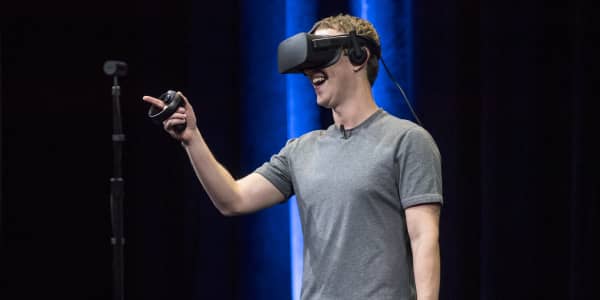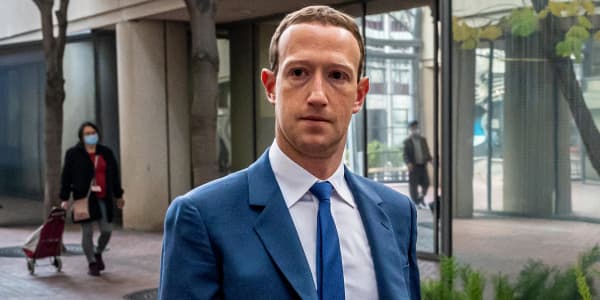Harlem, home of the Apollo, Sylvia's soul food and decades of African-American cultural history, has long been considered the "Black Mecca," and now, one organization is attempting to help one of New York's most famous neighborhoods chart a new course for the 21st century.
Silicon Harlem, a for-profit social venture that got started in 2008, is pushing to make Harlem a hub of technology and innovation. A linchpin of its strategy is increased resident access to broadband via projects named Gigabit Harlem and Connect Uptown NYC, which works with broadband providers to bring state-of-the art Web infrastructure to the community.
As its name suggests, the organization's ultimate goal is to attract the kind of high-tech activity that boosts economic and social advancement in a neighborhood that has become increasingly multi-ethnic. Amid a citywide boom in housing and property prices, central Harlem has seen a larger influx of whites and Hispanics since the year 2000, according to data from New York University's Furman Center, which also showed neighborhood incomes and education levels on the rise.
Ultimately, Silicon Harlem aims to spur a tech and innovation hub that bolsters the neighborhood's reputation as both a cultural and business force.
"We can't take broadband for granted," said Silicon Harlem co-founder and CEO Clayton Banks recently at the organization's annual conference, adding that the most pressing issue regarding broadband is affordability. High-speed Web access is "the electrification of the 21st century," Banks added.
In keeping with that mission, collaborative workspace company WeWork just announced the opening of a new office in Harlem, and will partner with Silicon Harlem to give away office space to Harlem-based entrepreneurs. Companies like WeWork and Uncharted Play, a renewable energy start-up that helps consumers generate their own power, are two Silicon Harlem anchors that have invested $400,000 in the Harlem economy, Banks told CNBC.
Another part of Silicon Harlem's push is bolstering the technology proficiency of students, a mission underscored by the fact that an estimated 5 million U.S. households with school-age children don't have broadband access. The organization's Apps Youth Leadership Academy provides a seven-week summer course where students learn to code websites and apps, manage teams and design.
Broadband access "is how Harlem will become the next Silicon Valley" and narrow the digital divide, New York City Comptroller Scott Stringer said recently, arguing for more wealth creation efforts. "It's good to raise the minimum wage, but it's better to invest in women and minorities."
Silicon Harlem is riding a wave of interest in equipping U.S. citizens for a high-tech future. According to John Horrigan, a senior researcher at the Pew Research Center, a recent Pew study found that while 85 percent of Americans have advanced Internet access, a mere 13 percent of them can only access the Web through a smartphone. That number is even higher among minorities, climbing to 19 percent for African Americans.
Both Lincoln and Banks envision Silicon Harlem as going beyond the borders of New York City. They are already working with sister cities like Newark, Philadelphia — and even as far as Haarlem, the Dutch city that serves as the namesake of its New York City counterpart.
"We can't be in the horse and carriage days. We need to carry Silicon Harlem to new heights," said Inez Dickens, a New York City council member.
More from Tech Drivers:
Twitter's looking better than it did a few months ago
Apple's new MacBook design gets thumbs down from some 'power users'
Five industries that Apple can disrupt while its car project is on hold




